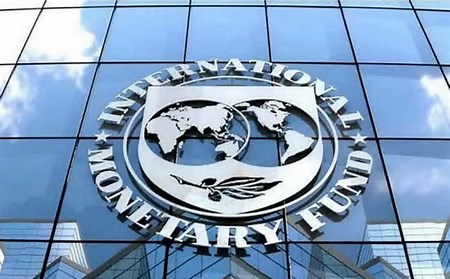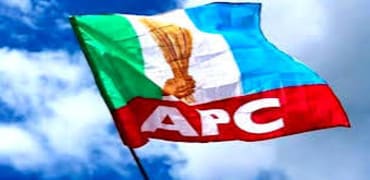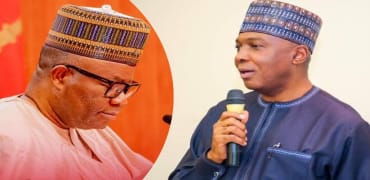Nigeria Clears $3.4 Billion COVID-19 Loan in Full, IMF Confirms
Nigeria Clears $3.4 Billion COVID-19 Loan in Full, IMF Confirms
By Achimi Muktar
In a development that signals a significant shift in Nigeria’s financial standing, the International Monetary Fund (IMF) has confirmed that the country has fully repaid the $3.4 billion emergency loan it secured at the peak of the COVID-19 crisis.
The IMF announced on Thursday that Nigeria completed the repayment on April 30, 2025, officially closing the chapter on one of the largest disbursements made under the Rapid Financing Instrument (RFI) during the pandemic.
“In April 2020, Nigeria received $3.4 billion to cushion the blow from falling oil prices and a contracting economy,” said Christian Ebeke, IMF Resident Representative for Nigeria, in a statement. “As of April 30, 2025, that loan has been completely repaid.”
The loan was a lifeline during one of Nigeria’s darkest economic moments, helping to stabilize the country’s finances amid a global health and oil market crisis. Now, five years later, the full repayment marks a milestone in Nigeria’s external debt management — and, according to economists, a possible signal to investors of improved fiscal discipline.
But the story doesn’t end there.
Still Paying — But Not the Way You Think
While the principal has been cleared, Nigeria isn’t quite off the hook yet. The IMF noted that the country will continue to make annual payments of approximately $30 million. These are Special Drawing Rights (SDR) charges, essentially interest-like costs based on Nigeria’s SDR balance — a type of IMF reserve currency.
According to the Fund, “these charges apply to the difference between Nigeria’s SDR holdings and its cumulative SDR allocation.” Payments are scheduled throughout the year, with installments expected in May, August, and November.
Data from the IMF reveals that for 2025 alone, Nigeria’s SDR-related charges will amount to SDR 22.35 million, roughly $30.24 million at current rates.
A Hefty Bill, Finally Settled
Back in 2020, Nigeria’s RFI loan was one of the largest globally, and it came with lenient conditions when compared to traditional IMF programs — no stringent reforms, no extended negotiations.
However, by 2024, debt servicing to the IMF spiked. The country paid $1.63 billion in principal that year alone, forming 35% of all its external debt payments. Total external debt servicing hit $4.66 billion, up from $3.5 billion in 2023, with multilateral creditors like the IMF accounting for the lion’s share.
What This Means for Nigeria
Experts view the IMF’s confirmation as a positive indicator for Nigeria’s economic credibility on the global stage. It could boost investor confidence and improve access to international credit markets.
But others caution that while paying off the debt is commendable, Nigeria still faces a massive external debt burden and ongoing foreign exchange challenges.
Still, for a country long plagued by rising debts, this full repayment sends a strong message: Nigeria can — and did — pay back a multi-billion-dollar loan without default.


















